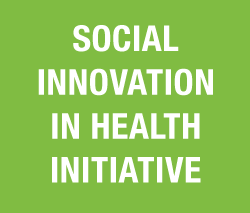DRUG SHOP INTEGRATED MANAGEMENT OF CHILDHOOD ILLNESS
CONTINENT
Africa

COUNTRY
Uganda
Continent
Africa
Country
Uganda
Website
www.researchgate.net/profile/Phyllis-Awor-2
Founding year
2011
Organizational structure
Inter-university collaboration
Health Focus
Maternal and child health, Malaria
Areas of Interest
Private providers
Health System Focus
Service delivery
CHALLENGE
The Drug Shop Integrated Management of Childhood Illness project is a collaborative research initiative. Structured as a pilot programme, it aims to assess the feasibility and effectiveness of engaging private sector drug shop owners in the provision of care to children under five, living in low-income areas in Uganda, particularly for treatment of malaria, diarrhoea and pneumonia. These three diseases combined are responsible for three quarters of deaths in children under five (Liu et al., 2012). Studies have found that timely community case management of malaria can reduce mortality by 60%; early treatment with oral rehydration salts can prevent 90% of deaths caused by acute watery diarrhoea; and providing antibiotic treatment in the case of pneumonia can result in a 70% reduction in mortality (Sirima et al., 2003; Munos, Walker & Black, 2010; Sazawal & Black, 2003).
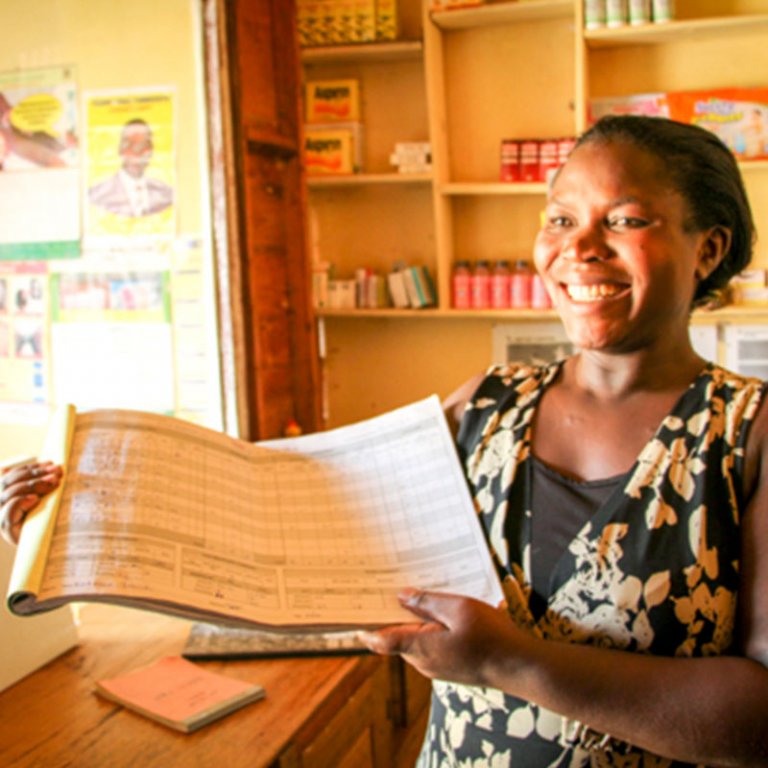
“[The] biggest lessons are that solutions are available all around us and we can work with what is on the ground … Particularly if we are able to do this at the grass root [level], we should be able to see the solutions.”
– Dr Phyllis Awor, Primary Researcher
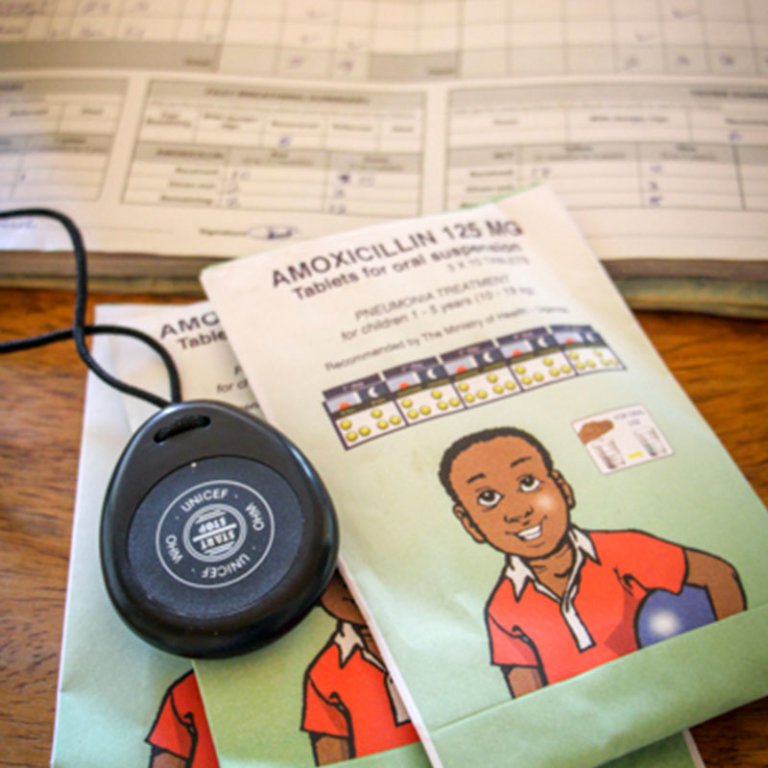
INTERVENTION
“It excites us a lot that we’ve shown a way to engage with this group of drug shops and actually harness their potential for improving outcomes in child health.”
– Dr Phyllis Awor, Primary Researcher
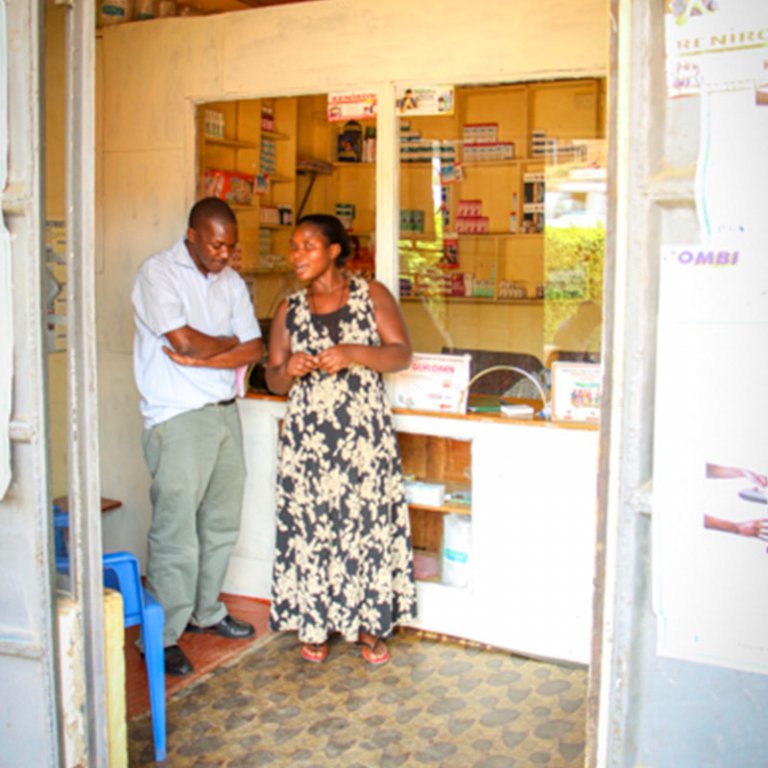
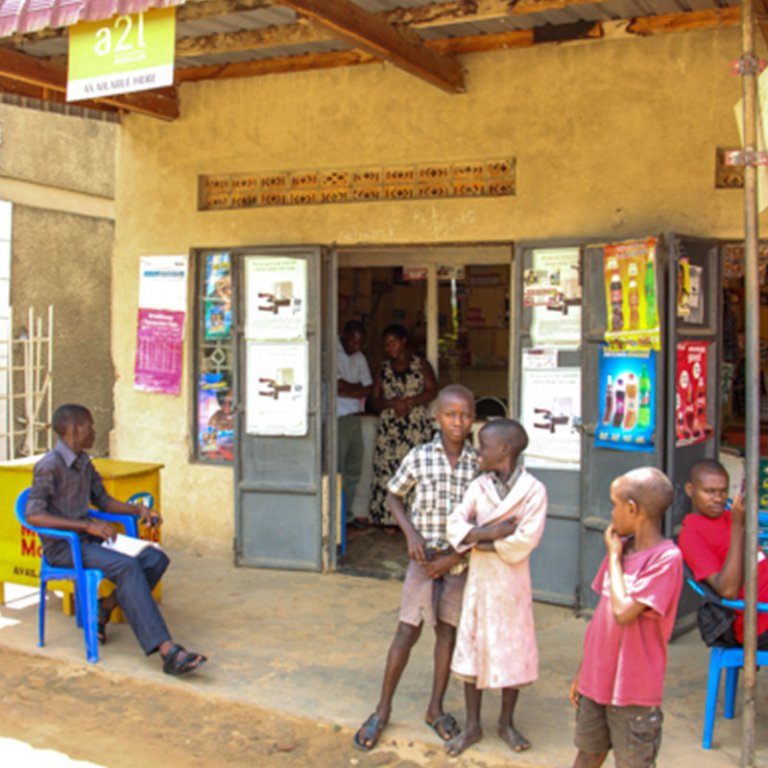
CASE INSIGHTS
“When you see a sick child getting better or a mother actually telling you, ‘Thank you’ … You listened to this drug seller actually thanking me four times. That’s the joy that it brings to us. … Changing some people’s lives – the business life and also particularly improving the health of the community – that’s what brings the biggest joy.”
– Dr Phyllis Awor, Primary Researcher
